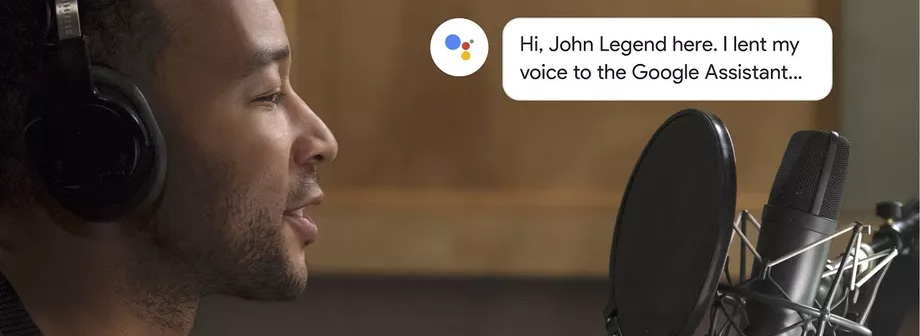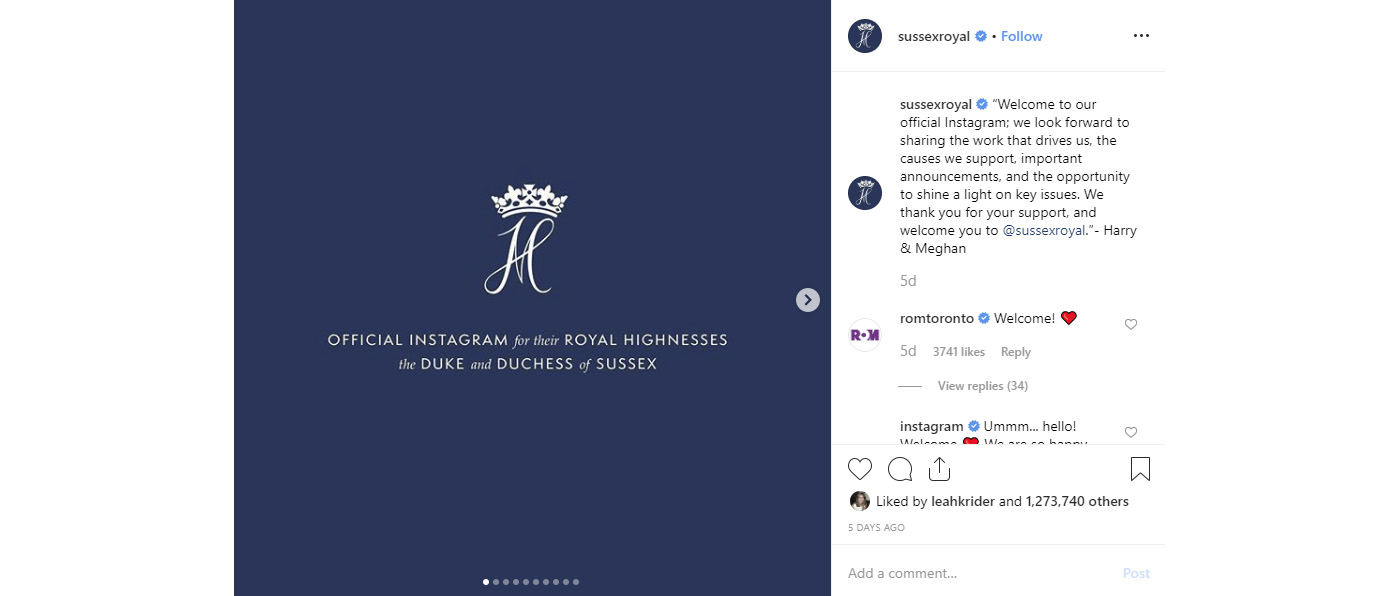The Week in Social: Facebook regulation, Snapchat Summit, and Instagram Royalty

Facebook leads the charge for regulation
Social media platforms have been laboring to effectively rid themselves of hate speech. Their measures have proven unreliable, however, and hateful content is spreading, prompting governments are taking action on their own. Unfortunately, government legislators tasked with regulating communications often struggle to understand the basics of how companies like Facebook work. Rather than risk being hamstrung by over-reaching laws, Facebook is taking the offensive. In an emerging campaign, Facebook executives are promoting their own ‘new rules’ for the internet.

Read more at The Verge
Snapchat cross-app ads
Snapchat needs revenue, and they may have found it in the form of cross-application features. This week, Snap held their first ever Snap Partner Summit in Los Angeles to share a host of new updates. Among the more interesting announcements is that Snap will allow their Stories function to be used natively within other applications. This strategy prevents those apps from copying the Snapchat Stories feature on their own, meanwhile Snap positions itself as a programmatic ad distributor. Media buyers can work exclusively with Snap to push ads to (what Snap hopes will be) a wealth of diverse applications.
Read more at TechCrunch
Snapchat Scan
Snap was first to feature augmented reality filters for fashioning fun, fantastical selfies. Other companies caught up, but Snap aims to move onward and upward. With a new AR Utility Platform called Scan, Snapchat promises a new host of camera utilities for their users. As the new toolset rolls out, Snapchat’s camera will identify objects, solve math problems, and even find interactive features with the local environment. These advancements are key to Snap’s mission to stay relevant with their audience, and keeping ahead of their social platform competitors.

Read more at TechCrunch
Snapchat Check-ins
Foursquare was built on location sharing. On the other hand, Instagram got rid if their activity map long ago. A sharp-eyed code sleuth discovered Snapchat Status. The feature allows users to signal their current location, and describe their activity through emoji. Hopefully, fellow users will accurately intuit if they’re invited to join or not. Privacy hawks need not worry. Location sharing will only work between users who already agree to share location information.
Read more at Engadget
OK, John Legend
If you’re familiar with Google’s Deep Mind audio intelligence, you’re probably a little freaked out about the future of manufactured media. But, today’s is a positive story. As one of six celebrity voices planned, John Legend’s dulcet tones are now available for your Google Assistant. By commanding your device to “talk like a Legend”, you can have the singer, songwriter, and producer tell you about the weather, answer questions, and tell jokes.

Read more at The Verge
New News from Facebook
Because they could not solve the bias problem, Facebook removed its ‘news’ tab long ago. It was the right move, since Facebook still struggles to help users differentiate between trustworthy and misleading articles. 68 percent of users get their news from social media. Consequently, it’s imperative that Facebook delivers accurate news to their viewers. Mark Zuckerberg is exploring a new approach that solves the news dilemma. According to sources, the new approach allows vetted publishers to monetize content. Relatedly, this conversation arrives on the heels of of Apple’s relaunched news app earlier this month.

Read more at The Next Web
Learning from (colossal) failure
As a streaming content consumer, you have access to a deluge of films documenting recent business disasters. Collectively, we can sit back and watch, faithful that we would never fall into the traps set by enthusiastic leaders. We would have seen through the reality distortion field. We would have seen that the goals were untenable. But what we might miss is that all of these ventures had stellar ad campaigns. As they say, nothing kills a bad product faster than great advertising.
Read more at Ad Age
@sussexroyal
The British Royal Family set a new record. Within six hours of launch, Prince Harry and Meghan Markle gained one million Instagram followers. Further, in three posts, that number rose to 3.5 million. This was a bit of a surprise to some. Notably, it surprised the man who registered the Instagram handle @sussexroyal several years ago.

Read more at Mashable